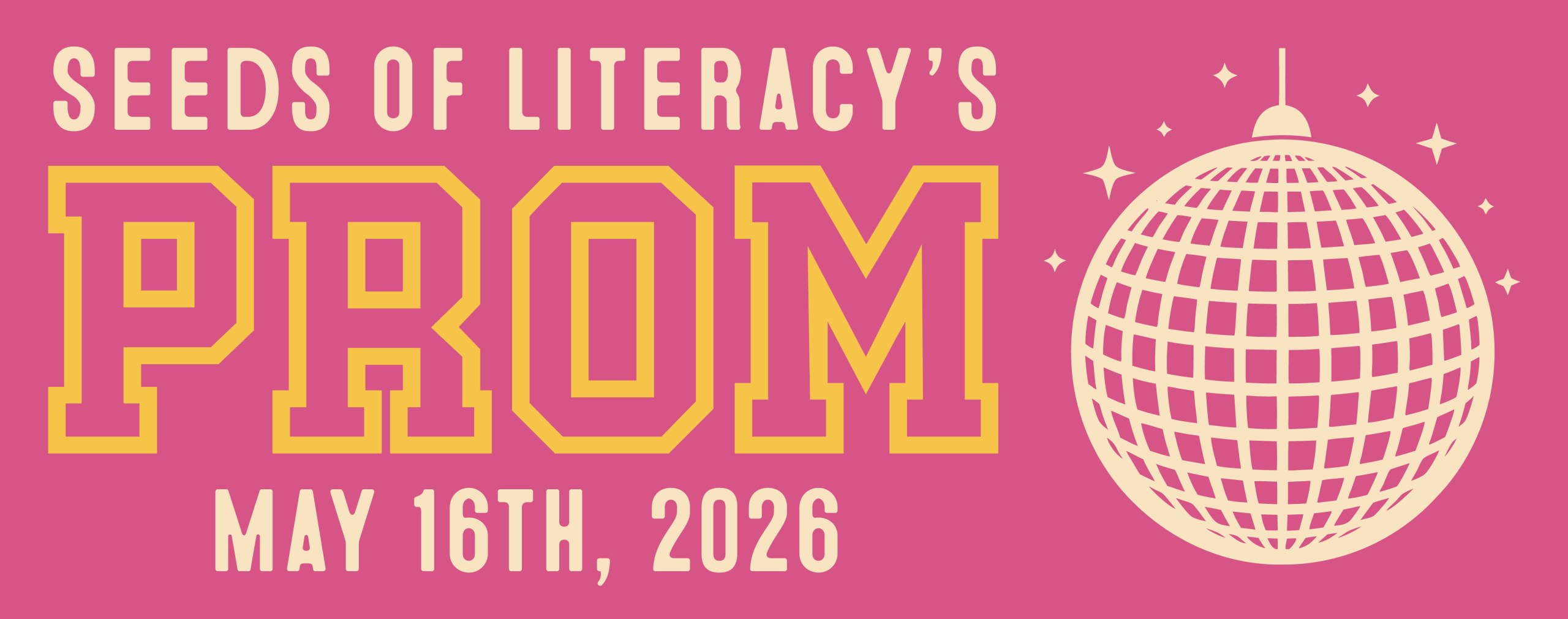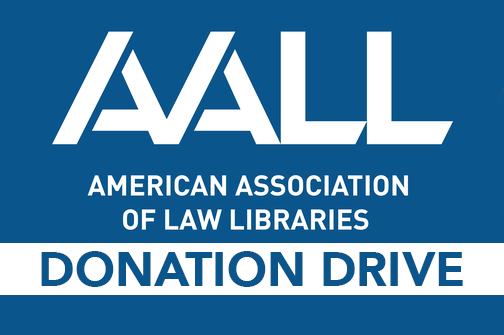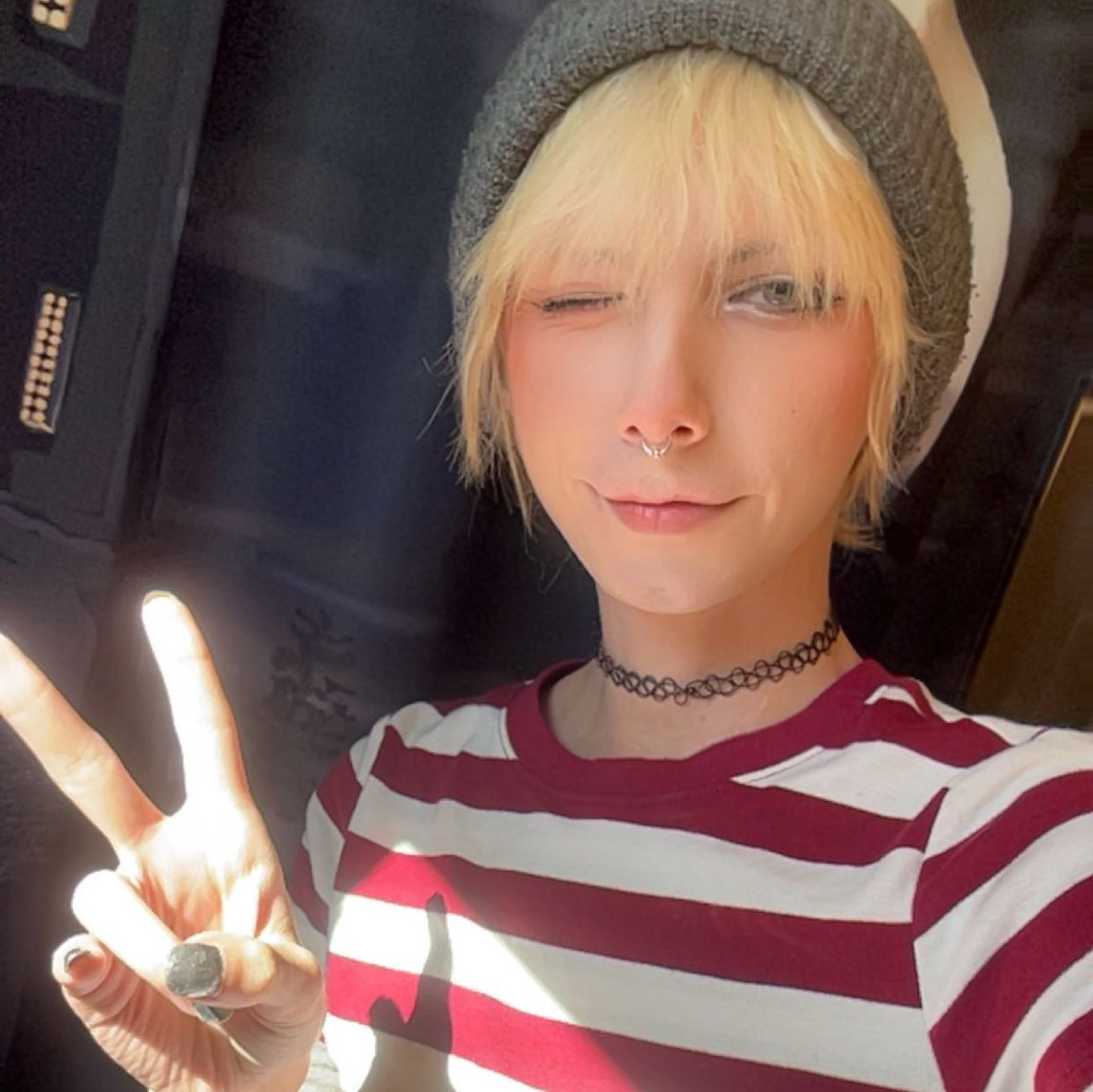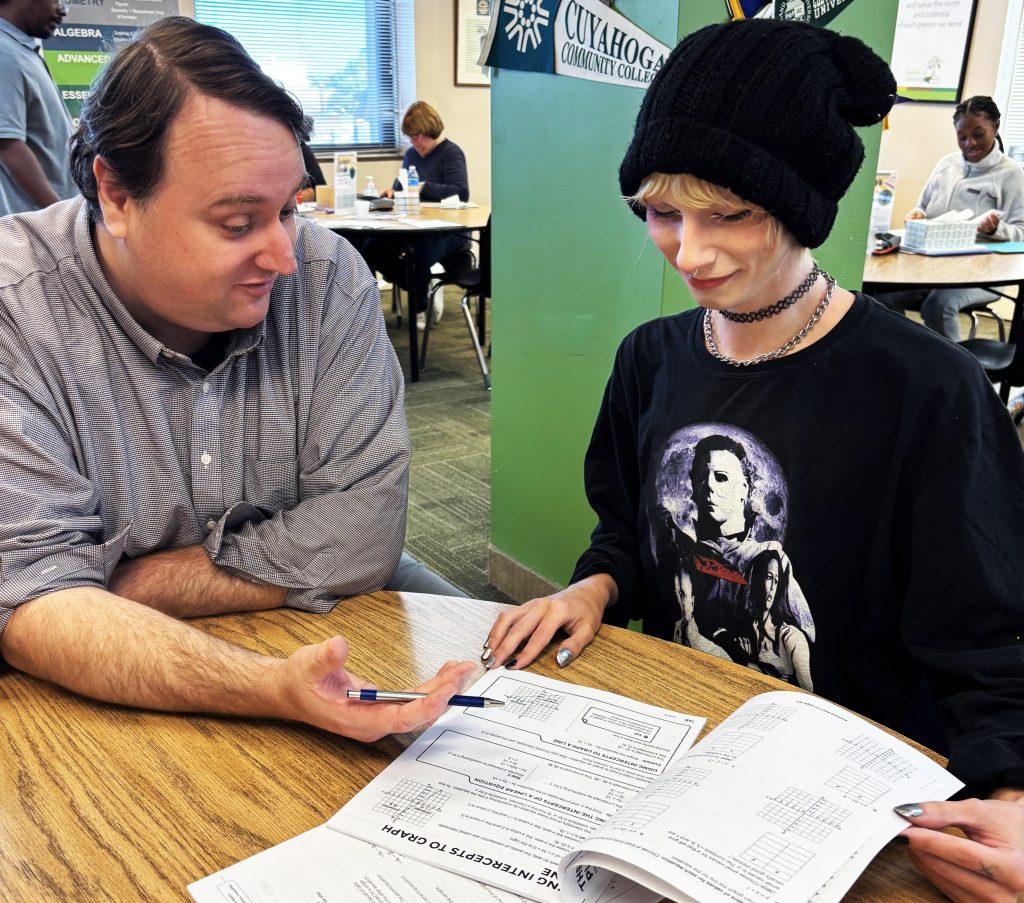Finding Belonging, Finding Themselves: Jonni’s Story
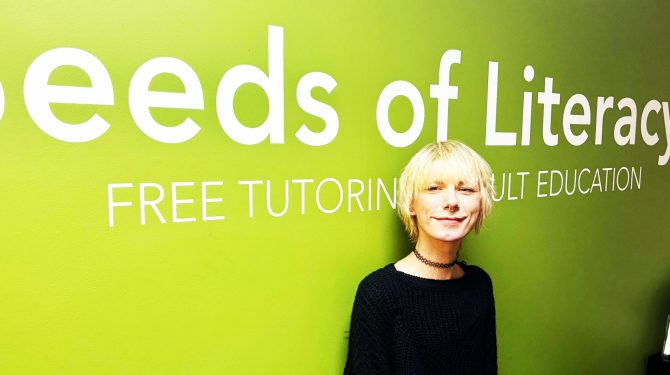
Jonni Murphy lights up the Seeds classroom.
“Everybody likes seeing me when I come in,” they say. “I’ve made a couple of friends here—namely Denise, one of the Student Ambassadors. On my first day, she mistook me for a tutor, and now she gives me a big hug every time she sees me.”
That kind of connection—supportive, joyful, and deeply human—is at the heart of Seeds of Literacy. For Jonni, it has meant rediscovering confidence, purpose, and a future they once thought was out of reach.
Early Dreams, Hard Lessons
Jonni grew up in the Cleveland area, moving often with their single mother, who worked multiple jobs to make ends meet. “My mom has always been a writer,” Jonni says proudly. “She writes down everything she does in a day—plans it in the morning and crosses it off at night.”
Jonni inherited that same creative streak. In school, they were a “teacher’s pet” and a “social butterfly,” thriving on learning and connection. But that changed at 15.
“I was bullied constantly for being queer,” Jonni recalls. “Kids would want to fight me just because of who I am. I was shoved into lockers, had food thrown at me—it was awful.”
The harassment eventually became unbearable. Despite their love of learning, Jonni left school. “It was a really stressful time,” they say quietly. “After I dropped out, I became a little hermit. I felt like I didn’t belong or deserve what my peers were accomplishing.”
An attempt to finish school online ended quickly when they couldn’t afford consistent internet access. “I didn’t have the resources to keep up,” Jonni explains. “School costs money. And we were just too poor.”
For years, life became about survival—moving between relatives’ homes, working in fast food, and trying to get by. “I was in a rut,” Jonni says. “We got kicked out of my place in Parma, and I had to live with other family members for a while. Eventually, I got my own apartment and a job at McDonald’s. But I wanted more. I wanted to do something with my life.”
Rediscovering Potential
Jonni has dyslexia and ADHD, a diagnosis they’ve carried since childhood. “I flip numbers and letters,” they explain. “My reading takes extra time. I was in special-ed groups all through school, and I felt isolated there. But I loved my tutors because I needed that hands-on learning.”
And that’s exactly what they found at Seeds of Literacy.
A family friend told Jonni about the program’s free one-to-one tutoring, and it immediately clicked. “I didn’t know how to go about finishing school,” Jonni says. “But when I heard that Seeds would work with me, at my pace, and that tutors really helped you one-on-one—it was like, this is worth it. These people are putting their necks out to give someone like me a life worth living.”
At first, Jonni wasn’t sure what to expect. “It took me a minute to find a tutor I really liked,” they admit. Then they met Megan, a college student volunteering at Seeds. “She let me work how I wanted to work,” Jonni explains. “She was patient and thorough, and when she corrected me, she explained why. That made all the difference.”
Jonni started to see something they hadn’t seen in years: their own intelligence. “I’m finding out that I’m pretty smart,” they say with a laugh. “Seeds helped me realize that.”
Art as a Way Forward
Outside of class, Jonni’s creativity flourishes. They’re passionate about drawing and character design. “I love making characters,” they say. “I start with the face, then the outfit that expresses who they are. I think about color theory—how colors feel together. It’s like math in a way; when you mix them right, they make something new.”
Jonni’s dream is to study animation and character design in college, perhaps at Cleveland State University or the Cleveland Institute of Art. “I’d love to go to college for art,” they say. “I want to create personalities for things that aren’t real and make them feel real.”
They even inspired their best friend, Madison, to return to art school. “She had dropped out because of the cost and stress,” Jonni says. “But when she saw me getting my GED and going after my goals, she decided to go back. That feels amazing.”
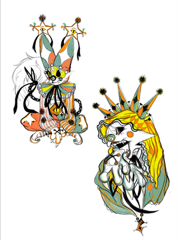
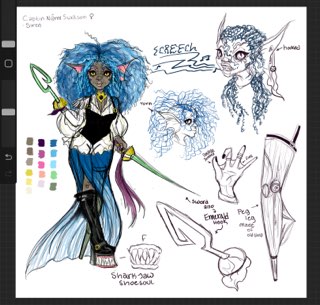
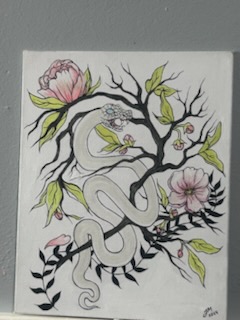
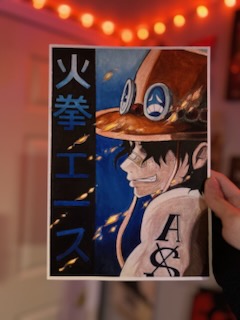
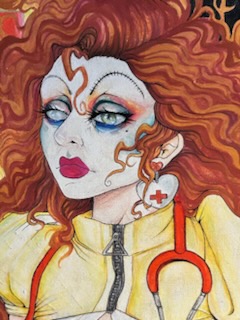
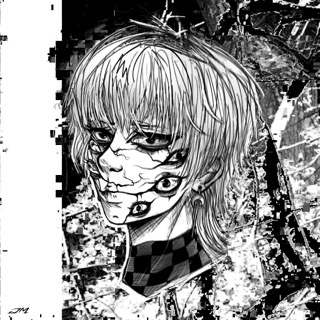
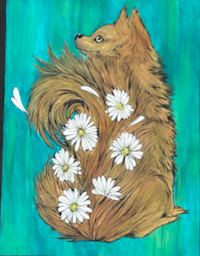
Confidence, Connection, and Community
Seeds of Literacy hasn’t just given Jonni the academic tools to reach their goals—it’s given them a sense of belonging. “Seeds is very welcoming and lively,” Jonni says. “You just have to find a tutor you like—they’re all different—and focus on what you came here for.”
They’ve become a friendly face in the classroom, often chatting with new students and encouraging them through early frustrations. “I tell them: focus on what you want to learn. You’re here for your GED. The tutors will work with you every step of the way.”
And they mean it. Jonni’s enthusiasm spreads quickly, and it’s impossible not to feel hopeful when they speak. “Not many people have this opportunity that Seeds is providing,” they say. “It’s hard to find your path in this society, but I’m going to find it.”
A Ripple Effect of Change
Jonni’s story is one of courage and creativity—but it’s also a story about what your support makes possible. Every tutor hour, every computer in the classroom, every GED test voucher—these are made possible by donors who believe in the transformative power of education.
Because of that support, Jonni can move beyond surviving to thriving. They can transform years of hardship into art, empathy, and purpose. And they’re not alone.
“Seeds has shown me that it’s never too late,” Jonni says. “There’s always a way forward if someone believes in you.”
Today, they’re halfway through their GED exams, planning for college, and creating art that reflects their resilience. Their eyes are on the future—a future built not just on learning, but on belonging.
And when Jonni walks into the Seeds classroom, smiling and waving to friends, it’s easy to see that future taking shape.
###

